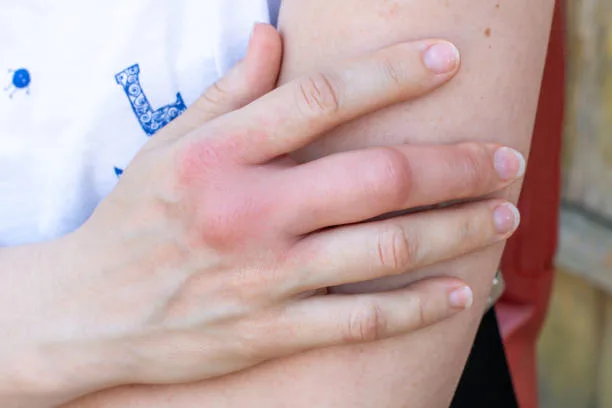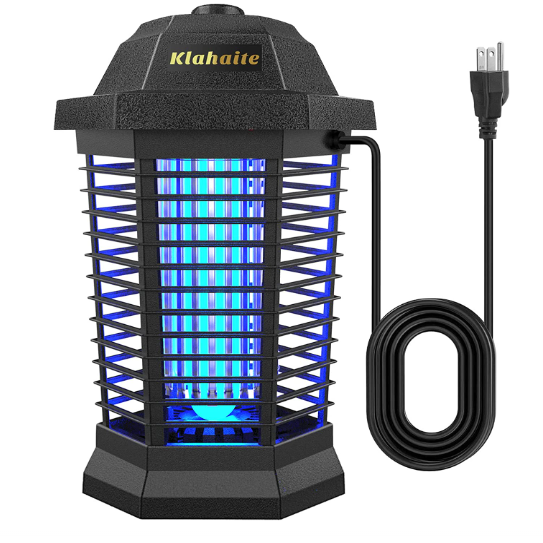Summer is the ideal season for outdoor activities, but unfortunately it also brings the nuisance of mosquito bites. In addition to causing discomfort and itching, mosquitoes also pose a risk of transmitting serious diseases in some areas of the world such as dengue fever, Zika virus and malaria. To help protect you and your loved ones from these hostile insects, we’ve compiled a comprehensive guide to effective mosquito prevention techniques.

Understand mosquito behavior
Before delving into prevention techniques, it is essential to understand the behavior and habitat of mosquitoes in order to combat them effectively. Mosquitoes are attracted to human body heat, carbon dioxide and lactic acid. They breed in standing water and are most active at dusk and dawn. Armed with this knowledge, we can focus on defeating their attempts to bite.
Natural repellents
A. Lemon eucalyptus oil: Studies have shown that lemon eucalyptus oil is as effective as DEET (whose toxic effects are currently being studied) in repelling mosquitoes. Mix 30 drops of lemon eucalyptus oil with a carrier oil (like coconut oil) and apply to exposed skin.
b. Neem Oil: This natural oil derived from the neem tree has been used for centuries as an insect repellent. Dilute neem oil with a carrier oil and apply it to exposed skin.
c. Garlic: Consuming garlic or rubbing garlic oil on your skin acts as a mosquito deterrent due to its pungent smell.
d. Catnip: Researchers have found that catnip essential oil may be more effective than DEET. Dilute 10 drops of catnip oil in carrier oil and apply to your skin.
These essential oils can also be infused into candles or diffusers to create a barrier against mosquitoes.
Choosing Appropriate Clothing
Cover up!
- Light-colored clothing: Mosquitoes are attracted to dark colors. Opt for colored clothes, as mosquitoes are less attracted to these colors.
- Long sleeves and pants: Wearing long-sleeved shirts, long pants, long skirts and socks can effectively reduce exposed skin areas, making it more difficult for mosquitoes to bite.
Opt for loose clothing to reduce skin contact and create a physical barrier. - Chemical repellents: Be extremely careful if you consider this solution. Many products on the market are toxic to animals and humans… and have serious side effects

Environmental Changes
- Eliminate Standing Water: Mosquitoes need standing water to breed. The females lay eggs in the water. Regularly inspect and empty all potential breeding areas around your home such as buckets, flower pots, birdbaths…fountains and gutters need to be cleaned and maintained properly.
- Use larvicides: In cases where standing water is unavoidable (eg, ponds or rain barrels), you can sprinkle larvicides to kill mosquito larvae.
- Use insect screens: Install insect screens on windows and doors to keep mosquitoes out of your spaces while allowing fresh air to circulate. You have to use odors or systems to repel them or protect yourself with a mosquito net. Indeed, when a female cannot sting, she cannot feed her eggs…
- Create repellent landscapes: Certain plants like citronella, lavender, rosemary and marigold have natural mosquito repellent properties. Incorporate these plants into your landscaping to help deter mosquitoes.
- Use a mosquito repellent lamp: With its UV, the mosquito repellent lamp attracts mosquitoes and then takes care of eliminating them for you with an electric shock. The device also showed that any other small bugs that got into it wouldn’t make it out alive either. It’s a good mosquitos trap.

Treat Mosquito Bites:
- Clean the affected area: Gently wash the bite site with soap and water to minimize the risk of infection.
- Apply a cold compress: Using a cold compress, such as an ice pack or a washcloth soaked in cold water, can help reduce itching and swelling. Apply it on the bite area for about 10-15 minutes.
- Topical relief: Applying hydrocortisone cream can relieve itching ( Ask advice from your pharmacist or doctor before). Alternatively, natural remedies such as aloe vera gel or tea tree oil can also be effective.
- Avoid scratching: Although difficult, avoid scratching the bite, as this can lead to infection and make the itching worse.
Consult your doctor or pharmacist in case of doubt or aggravation.
By implementing these effective strategies to prevent and protect ourselves from mosquito bites, we can enjoy our outdoor activities in peace. Mosquitoes can be persistent, but armed with knowledge and practical advice, you can fend off those pesky intruders and keep them safe from bites!
